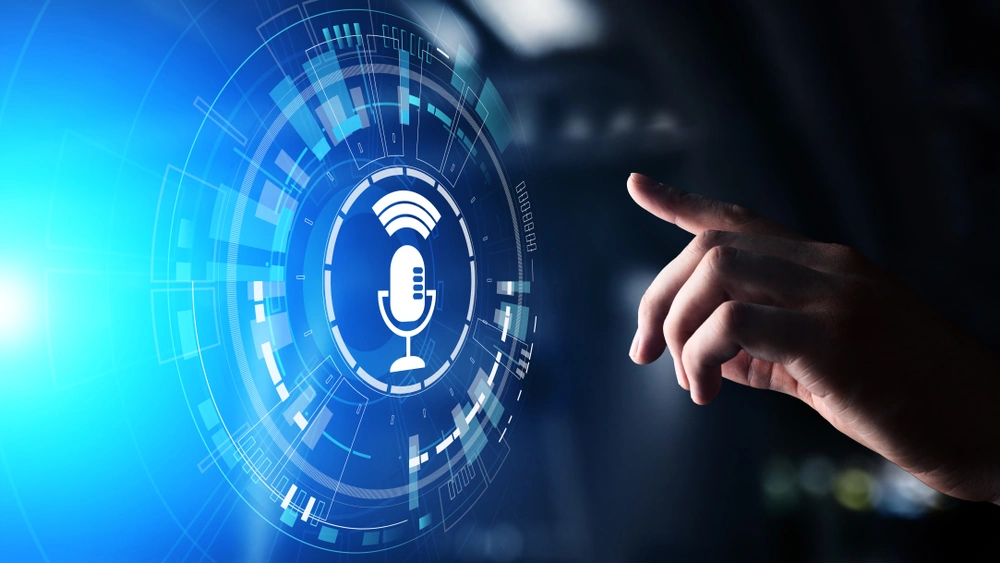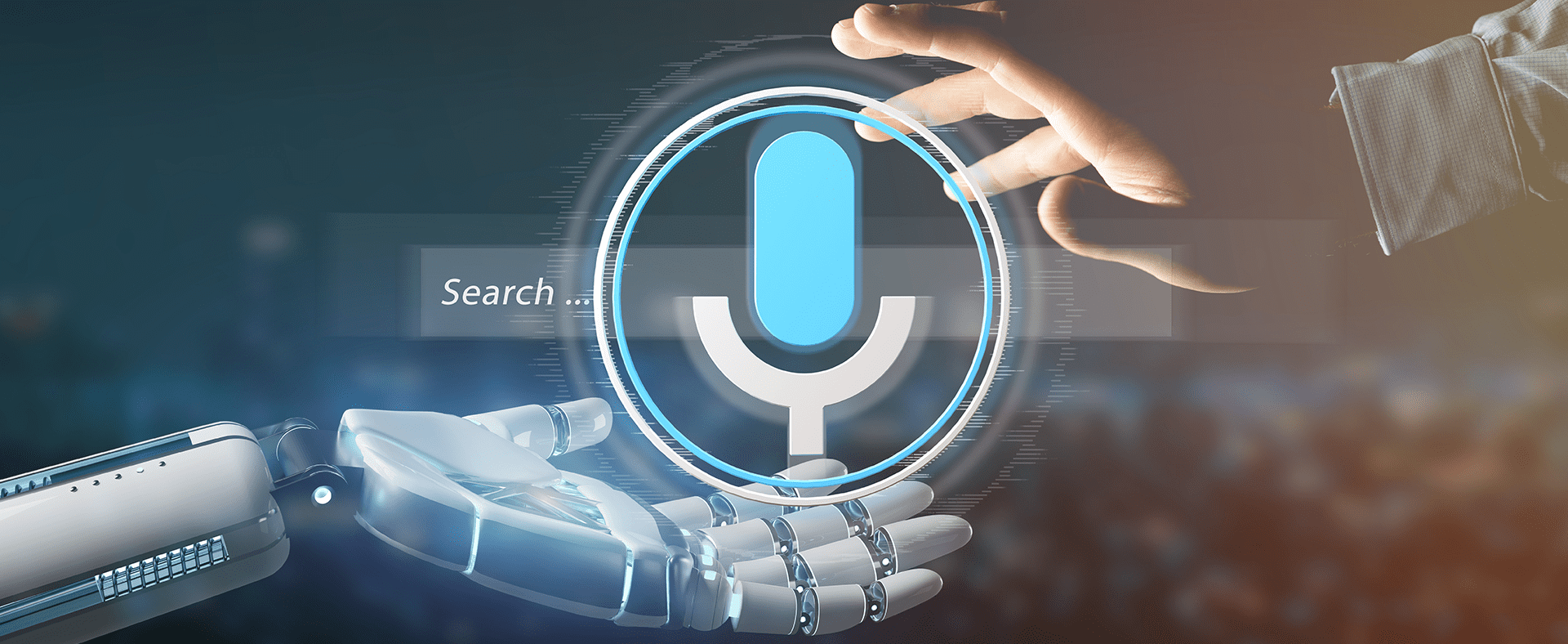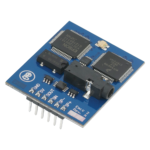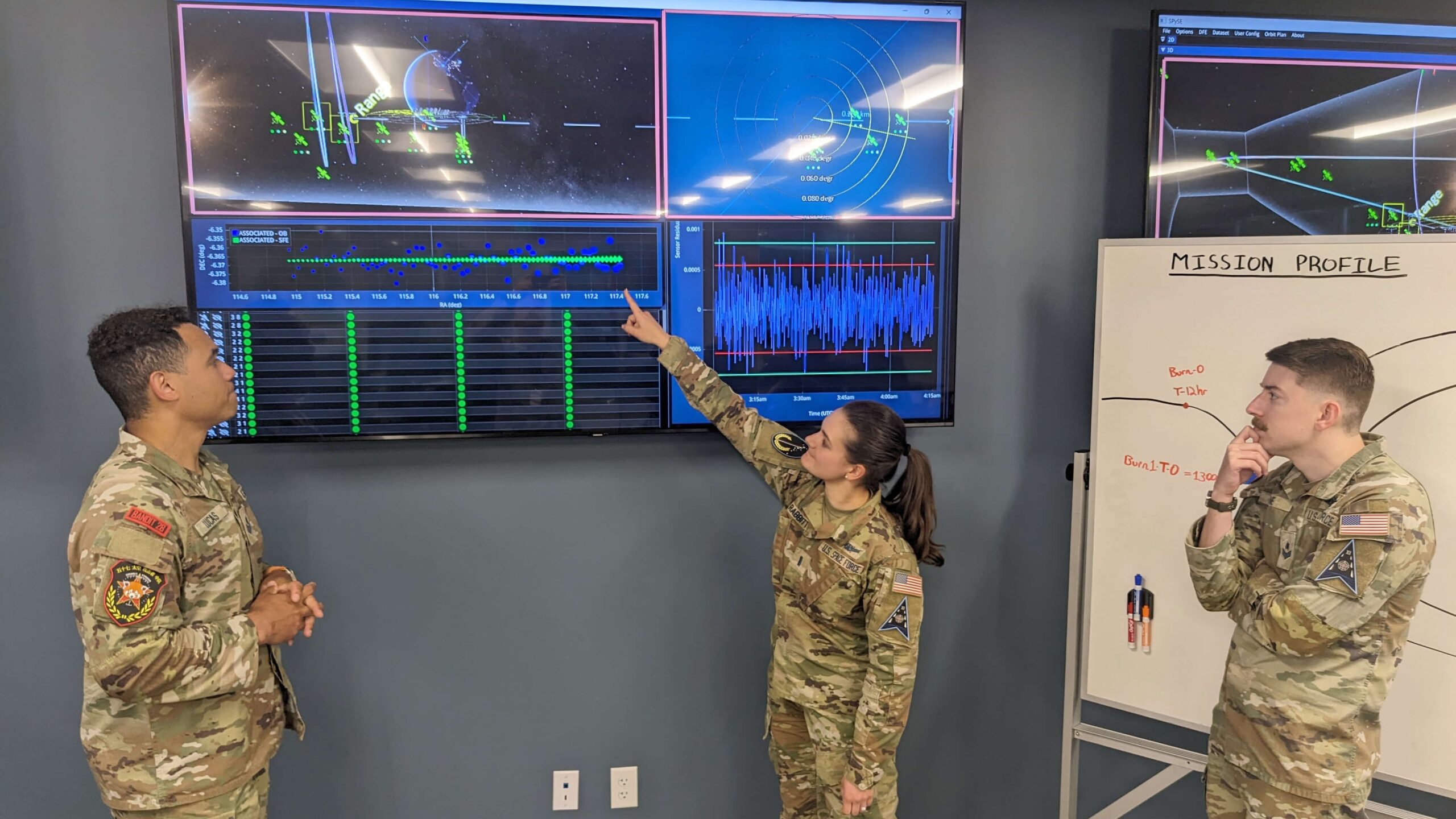Are you tired of constantly repeating yourself to your phone or computer when using voice commands? Are you interested in how AI technology is revolutionizing speech recognition? Look no further, because in this article I will delve into the fascinating world of AI in speech recognition and its impact on our daily lives. From understanding the basics of how it works to exploring its potential uses and benefits, we’ll cover everything you need to know. So let’s dive into this exciting topic together and discover the future of communication!
So, ai in speech recognition?
AI has greatly impacted the field of speech recognition and is continuously changing the way we communicate. With advancements in technology, AI-powered speech recognition systems are becoming more accurate and efficient, making it easier for us to interact with our devices through voice commands.
Speech recognition technology uses algorithms and machine learning to analyze human speech patterns and convert them into text or commands. This allows us to communicate with our devices in a more natural and intuitive manner, without having to rely on traditional methods such as typing or clicking.
One of the major benefits of AI in speech recognition is its ability to adapt and learn from user interactions. This means that as we use these systems more frequently, they become better at understanding our unique voices and accents, resulting in improved accuracy over time.
Furthermore, AI-powered speech recognition has opened up new possibilities for individuals with disabilities or language barriers. It allows them to easily communicate with technology without having to rely on traditional physical inputs like keyboards or mice.
Overall, AI in speech recognition has revolutionized how we interact with technology by providing a faster, more convenient, and inclusive form of communication. As this technology continues to evolve at a rapid pace, we can expect even greater enhancements in the future that will further transform the way we communicate.
Understanding the Basics of AI in Speech Recognition
Artificial Intelligence (AI) has transformed the way machines understand human speech. At its core, speech recognition technology uses algorithms to convert spoken words into text. This process begins with sound waves hitting a microphone, which captures the audio signal. The AI then breaks down these waves into smaller pieces called phonemes—the building blocks of words. By analyzing patterns in these phonemes, the system can identify and transcribe what is being said. Over time, with exposure to countless voices and accents, AI becomes better at recognizing different ways people speak.
One of the fascinating aspects of this technology is how it learns from data. Machine learning, a subset of AI, relies on vast amounts of information—like recordings and transcripts—to improve accuracy. For example:
- Variations in tone
- Background noise handling
- Diverse languages and dialects
As systems continue to evolve through deep learning techniques, they become increasingly adept at understanding context and emotion within speech. This advancement opens up exciting possibilities for applications like virtual assistants or automated customer service systems that can respond intelligently to user inquiries while making interactions feel more personal and engaging.

Exploring The Uses and Benefits of AI in Speech Recognition
Artificial Intelligence has made significant strides in speech recognition, transforming the way we interact with technology. Imagine talking to your device and having it understand you just like a friend would. This is possible thanks to AI algorithms that analyze sound waves and convert them into text or commands. One major benefit of this technology is accessibility; individuals who have difficulty typing can communicate effortlessly using their voices instead. Moreover, businesses use speech recognition to improve customer service through automated responses, enabling quick answers to common questions while freeing up human agents for more complex issues.
The applications don’t stop there! In education, students can utilize voice-to-text features for writing essays or taking notes during lectures. This not only saves time but also fosters creativity as they focus on expressing ideas rather than worrying about spelling and grammar. Additionally, healthcare professionals rely on speech recognition software to streamline documentation processes in patient care—allowing doctors to spend more time with patients rather than buried in paperwork.
Overall, embracing AI-driven speech recognition opens doors for enhanced communication across various fields, making life easier and more efficient for everyone involved.
– Accessibility improvements
– Enhanced productivity
– Streamlined workflows
Read also: speech2text
Highlighting Potential Challenges and Solutions with AI in Speech Recognition
As we dive into the world of AI in speech recognition, it’s clear that this technology holds immense promise. However, with great potential come noteworthy challenges. One major issue is accuracy. Different accents and dialects can confuse even the smartest algorithms, leading to misunderstandings during voice commands or transcriptions. Additionally, background noise often disrupts clarity. Imagine trying to talk to your device at a bustling café; the chatter and clinking dishes may drown out your voice, causing frustration. To tackle these hurdles, developers are focusing on enhancing machine learning models by incorporating diverse data sets that include various accents and noisy environments.
Another challenge lies in privacy concerns. People may worry about their conversations being recorded without consent or misused by companies for profit. This anxiety can hinder adoption rates among users who value their personal space and confidentiality. Solutions here involve transparent practices where companies clearly communicate how data will be used and stored securely. Furthermore, giving users control over their information—like opting in or out of data collection—can build trust between technology providers and consumers.
With ongoing advancements addressing these challenges effectively, the future of speech recognition powered by AI looks promising indeed!
Reflecting on the Impact and Future of AI in Speech Recognition
Artificial Intelligence has dramatically transformed the landscape of speech recognition, making it more accurate and accessible than ever before. Imagine being able to dictate a message or command your device just by speaking! This technology uses complex algorithms to understand our voices, even when background noise is present. It’s not only about recognizing words but also discerning emotions, accents, and dialects. For instance, personal assistants like Siri or Alexa can interpret different tones and respond accordingly. As AI continues to evolve, the potential for speech recognition systems grows exponentially.
Looking ahead, we might see even more exciting developments in this field. With advancements in machine learning and natural language processing, future systems could become almost *human-like* in their understanding of context and nuance. Consider how beneficial this would be for people with disabilities who rely on voice commands daily! Moreover, industries such as healthcare could experience significant improvements; doctors may use voice recognition to transcribe notes hands-free during patient visits. The possibilities seem endless: from real-time translation services breaking down language barriers to personalized tutoring programs adapting speech patterns for better learning experiences.
As we forge into the future with AI enhancing our communication capabilities, it’s essential to embrace these innovations while remaining mindful of ethical considerations surrounding privacy and security.



